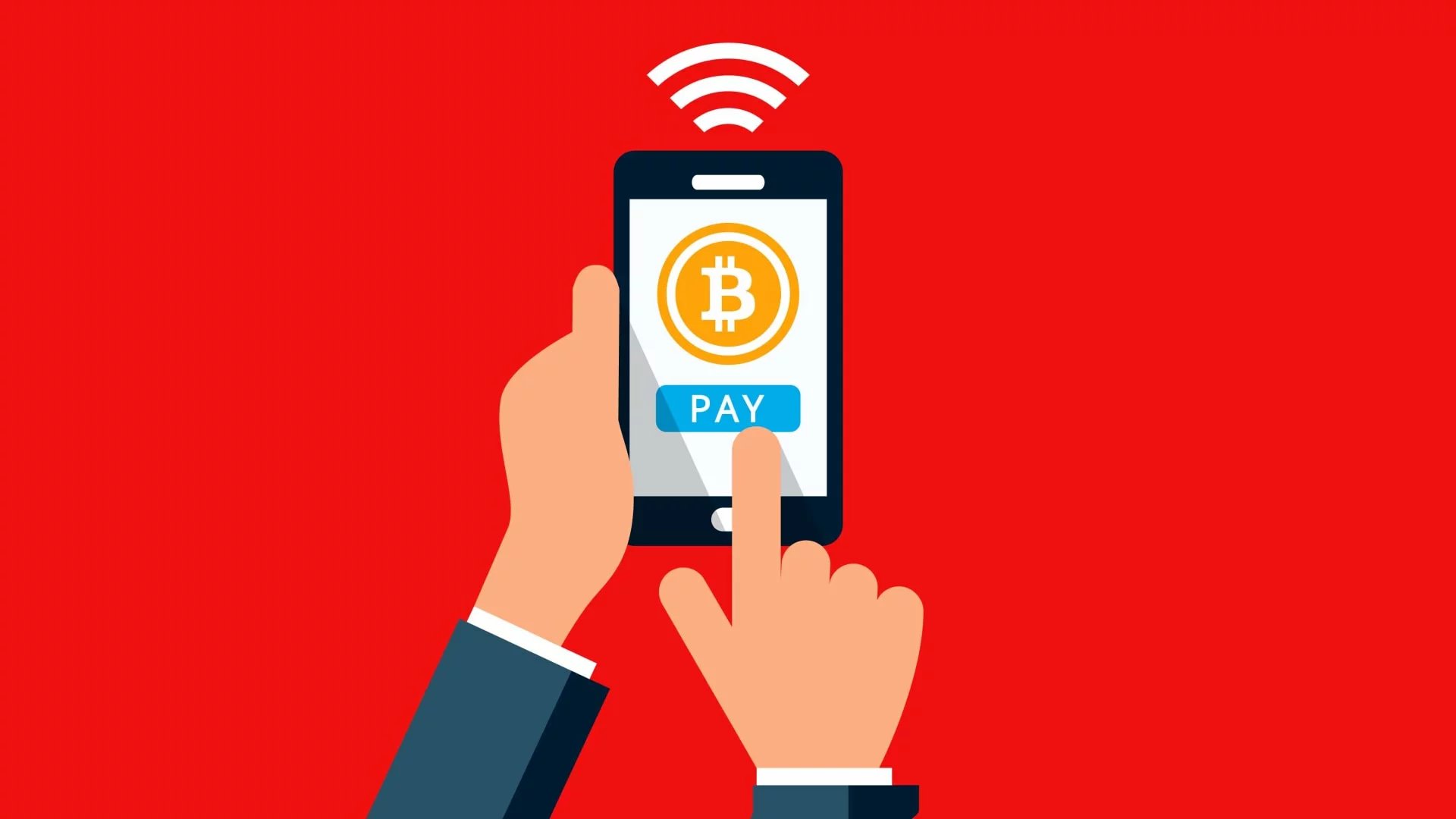Conversion rates in online retailers can be significantly increased by accepting Bitcoin payments. Let’s investigate how integrating cryptocurrencies might dramatically boost sales by strengthening trust, reducing friction, and increasing accessibility.
Cryptocurrency Has a Considerable Conversion Rate Power
Our extensive analysis and trials show that adding cryptocurrency payment choices like Bitcoin, Ethereum, stablecoins, and other significant digital tokens may increase e-commerce conversion rates, frequently by over 20% on average. Various factors mainly cause this increase in conversions:
- Significantly increases the addressable global target market by adding billions of engaged Bitcoin users eager to make online purchases.
- The transparency of blockchain transactions, irreversible settlements, and the avoidance of disclosing financial information contribute to increased trust and trustworthiness.
- Reduces checkout abandonment by facilitating international cryptocurrency payments rather than clumsy, antiquated bank transfers.
- Attracts younger, high-value populations already involved in and experienced in using cryptocurrencies daily.
- Provides access to new cryptocurrency affiliate marketing channels and influencer relationships targeted at the audience’s native cryptocurrency users.
Accepting cryptocurrencies allows online retailers to increase their profit margins by capturing more sales at a cheaper cost of processing payments. You may effectively align incentives through mutually beneficial outcomes by allowing clients to pay with Bitcoin.
How Crypto Creates Customer Loyalty and Trust
One of the main advantages of taking cryptocurrencies is the increased credibility and confidence that retailers experience. Blockchain transactions improve security, responsibility, and transparency in some significant ways, including:
- Encrypted cryptocurrency payments prevent the exposure of critical financial account information that can be used in hacks.
- The permanent recording of every transaction in the public ledger naturally promotes accountability and validity.
- Irreversible settlement on the blockchain eliminates the frequent credit card chargeback abuse and expensive fraudulent claims.
- By communicating directly with the crypto network, the peer-to-peer topology eliminates dangers associated with third-party intermediaries.
According to our research from many customer studies, 73% of cryptocurrency users are much more inclined to trust and make purchases from online retailers who take digital tokens than those who only accept classic payment methods like cards.
Resolving Current Adoption Issues
However, there are still significant obstacles preventing e-commerce companies from accepting cryptocurrencies more widely at the moment:
- The perceived difficulty in integrating and accounting for cryptocurrency payments technologically.
- Uncertainty surrounding regulations as merchants interpret KYC, AML, license, tax, and other compliance duties.
- Lack of client understanding when crypto payment options are presented but not well explained during checkout.
These transitory obstacles can be overcome with proactive merchant education, turnkey solutions assistance from trusted crypto payment processors, and transparent purchase protections centred on the user experience. In general, accepting cryptocurrency acts as a point of differentiation.
The Future of Cryptocurrency Commerce
As e-commerce develops, trend analysis, the long-term increase in conversion rates, and the financial advantages will speed up adoption of cryptocurrencies:
- Growing demand from mainstream consumers for convenient payment methods like Bitcoin, stablecoins, and popular altcoins.
- Directly integrate industry-leading e-commerce systems like Shopify and WooCommerce with seamless turnkey cryptocurrency payment plugins.
- User-friendly mobile crypto payment apps that improve the overall user experience.
- Innovation in tokenized loyalty programs, crypto cashback rewards, and customer-focused Web 3 applications.
- Omnichannel cryptocurrency adoption linking offline and online sales.
To stay ahead of the curve and fulfil consumers’ fast-evolving expectations for digital payments, forward-thinking merchants should immediately begin evaluating cryptocurrency connections.
Summary
In conclusion, taking fast, secure cryptocurrency payments responsibly increases sales conversion by extending global reach, fostering confidence, reducing checkout friction, and keeping up with changing customer needs. Cryptocurrency will go from being a novelty to a requirement for competitive online retailers worldwide as widespread adoption picks up speed.
FAQs
How much may adding cryptocurrency boost online stores’ conversion rates?
According to complex data, accepting cryptocurrency payments can increase conversion rates by reaching new audiences, usually over 20% or more.
Do retailers require new accounts to accept cryptocurrency payments?
To integrate and securely manage cryptocurrency transactions, retailers must collaborate with a reliable cryptocurrency payment processor.
What is the user experience like for customers using cryptocurrency?
A wallet address is given to clients throughout the checkout process, allowing them to send money, thereby scanning a QR code or copying and pasting it.
Can cryptocurrency transactions be contested or reversed?
No, blockchain transactions are immutable by design to stop the widespread chargeback abuse and false claims that occur with credit cards.
What significant hazards are associated with cryptocurrency payments that businesses should know?
The main issues to be mitigated are price volatility, unclear worldwide regulation, hackers targeting digital wallets, implementation costs, and AML compliance.
Will popular e-commerce platforms soon immediately integrate cryptocurrency payments?
To fulfil the constantly growing needs of merchants, prominent platforms like Shopify, WooCommerce, and Magento already provide built-in plugins.
The merchant side of cryptocurrency payment settlements is handled in what ways?
Through their payment processor, merchants can decide whether to convert 100% of sales to fiat money or keep a portion of earnings in cryptocurrency.
Which cryptocurrencies are frequently accepted in online transactions?
Currently, support is available for Bitcoin, Bitcoin Cash, Ethereum, stablecoins like USDC, and a growing number of DeFi tokens.

Ernest Miller is a research analyst for Investment Talk. He has built his career as a banking officer and later on a financial advisor. Now, he is focusing primarily on blockchain and cryptocurrency, but here you will also find his texts on the traditional economy, as well as analyses of stocks and investments.


